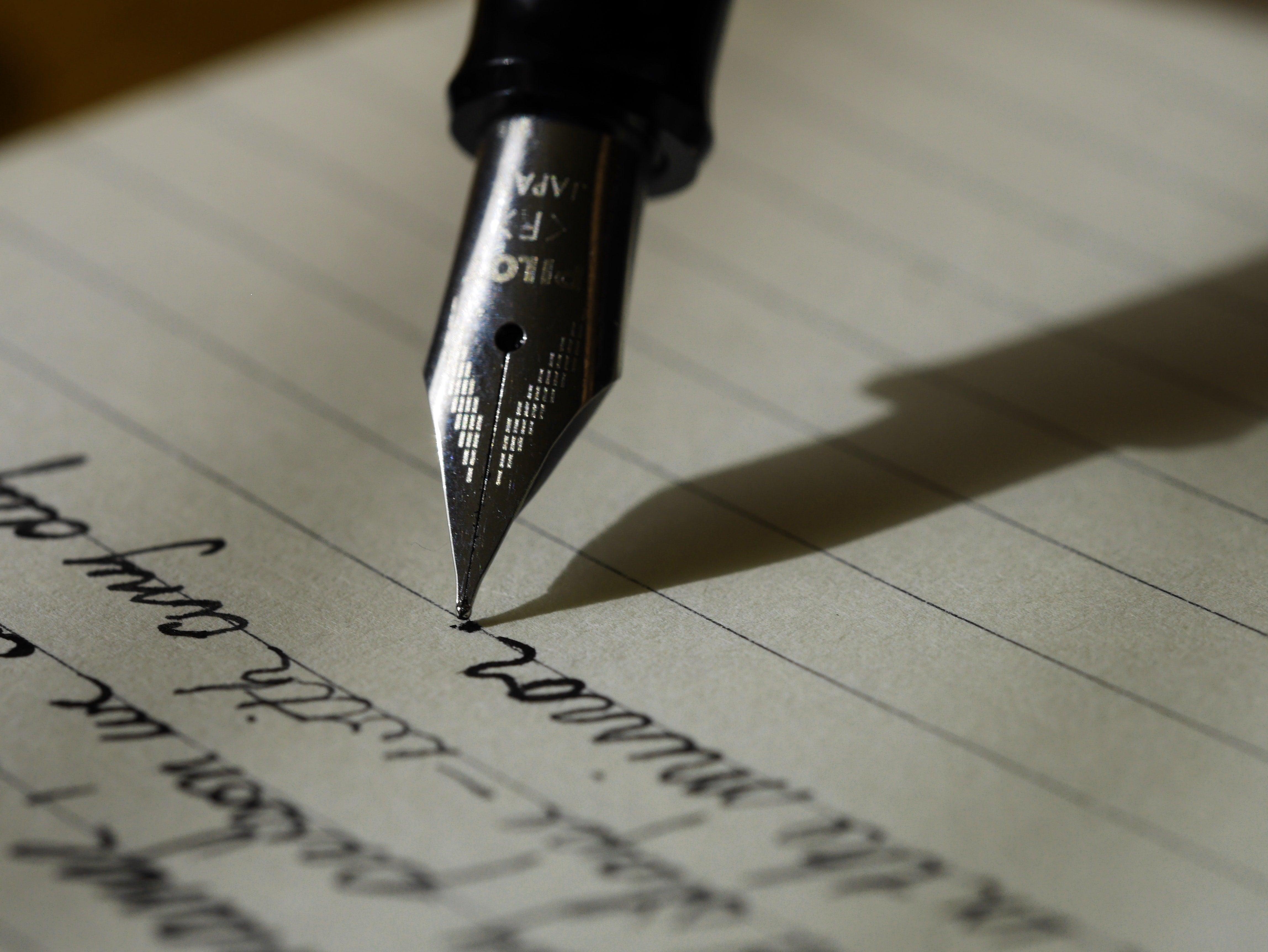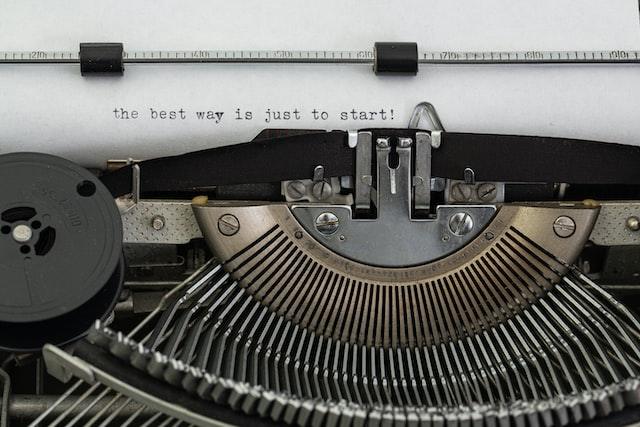Write Like Austen: Pen to Paper

“I declare after all there is no enjoyment like reading! How much sooner one tires of any thing than of a book! -- When I have a house of my own, I shall be miserable if I have not an excellent library.”
― Jane Austen, Pride and Prejudice
Last month, we posted the first in our series of Write Like Austen articles, giving advice on how to emulate Jane’s style and practice to get your own writing done. The first article focused on how to get started by finding the best writing equipment and environment for you. One commenter did point out that you can indeed purchase portable writing desks for your laptop - what a delight! Today, we’re tackling the meat of writing - the actual writing itself.
Be prolific
We know from her books and her surviving letters and juvenilia that Jane Austen wrote a lot. The key, it seems, to churning out six of (in our opinion, anyway) the greatest novels in the English language is practice, practice, practice. You might consider setting aside some time every day to write, or join a group for accountability to make sure you actually get a lot done. Writing retreats are also an option - maybe you could be inspired by a weekend in the countryside with plentiful cups of tea!
Don’t get bogged down in being high-brow
In particularly literary circles, there can be a lot of pressure to write something new, exciting and profound. Serious times, apparently, call for serious writing. However, Jane Austen delighted in the trivial and romantic - which was what a lot of novels were considered in her time. Whilst nowadays we consider novel reading a noble intellectual pursuit, it wasn’t always the case.
In Jane Austen’s time the growing middle class in England meant that more and more women were able to read, so the market was expanding to reflect that, with many more novels with female protagonists and subjects concerning women being published all the time. Martyn Lyons writes of women’s novel reading in the period that, “Novels were held suitable for women, because they were seen as creatures of the imagination, of limited intellectual capacity, both frivolous and emotional." * Austen would have known that this was the audience she was writing for - in fact, she lampoons the stereotype of the naive female reader extensively in Northanger Abbey. So, even if nowadays we consider Austen’s work part of the intelligent canon of classics any well-rounded reader should devour, they wouldn’t have been seen quite that way at the time of publication.
In this regard, it’s clear that there’s no point tying yourself in knots over how smart your writing sounds, or whether the material is serious enough. Right what delights and interests you!
There’s interest in the every-day
Whether you’re writing yourself a traditional Regency-style romance, or a futuristic space epic, it’s important not to let the little things get lost in the sauce. Jane Austen’s work is full of little domestic details that really bring her world to life, whether it is the technicalities and politics of making a good marriage, or the details of having the correct gown for an evening’s festivities. Making sure to fill your world, no matter how fantastical, with little bites of the mundane can really be the thing that makes your work go from good to great.
Sharpen up your dialogue
“There is, I believe, in every disposition a tendency to some particular evil, a natural defect, which not even the best education can overcome."
"And your defect is a propensity to hate everybody."
"And yours," he replied with a smile, "is wilfully to misunderstand them.”
― Jane Austen, Pride and Prejudice
The real icing on the cake of Jane Austen’s writing is her quick-witted dialogue. She is excellent at making her protagonists whip-smart and wry, throwing humorous little quips in here and there. They always say the thing you wish you had said in the moment. Does that always mean her dialogue is completely realistic and true to life? Not necessarily, but it is always good fun and at its very best, shatteringly romantic. If I loved you less, I might be able to talk about it more? Come up with a line like that and you’ve got a bestseller on your hands.
So, that's my main tips for writing based on Austen's work. Do you have anything else you would like to add? Stay tuned for our next post, where we will deal with the work of editing and preparing your work for publication!
*Lyons M, 1997, 'Les Nouveaux Lecteurs au 19e Siecle: Femmes, Enfants, Ouvriers', in Histoire de la Lecture dans le monde occidental, edn. Original, Seuil, Paris, France, pp. 365 - 400



Leave a comment
This site is protected by hCaptcha and the hCaptcha Privacy Policy and Terms of Service apply.